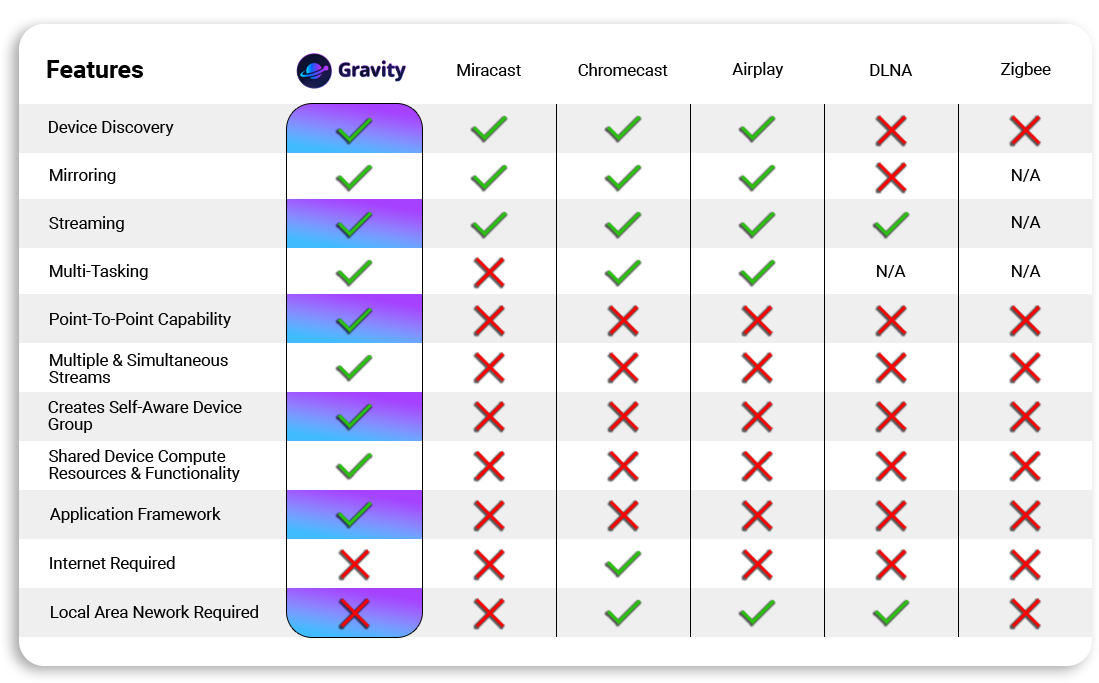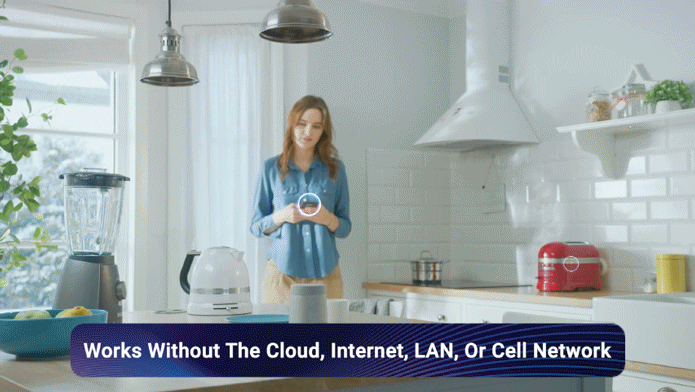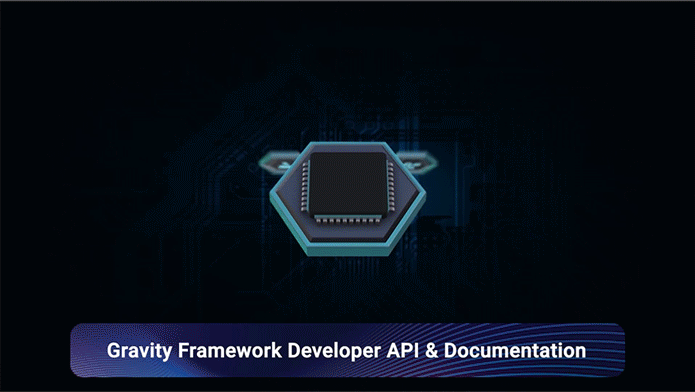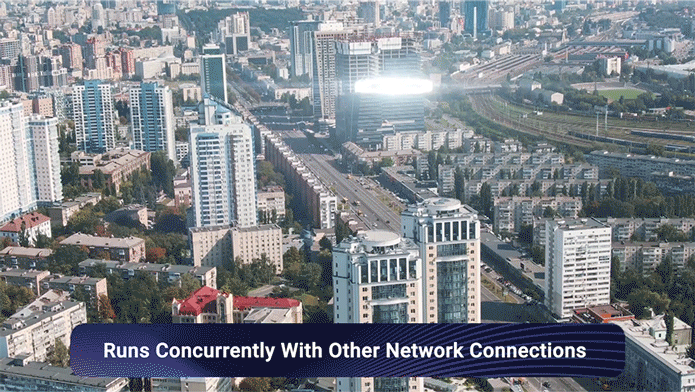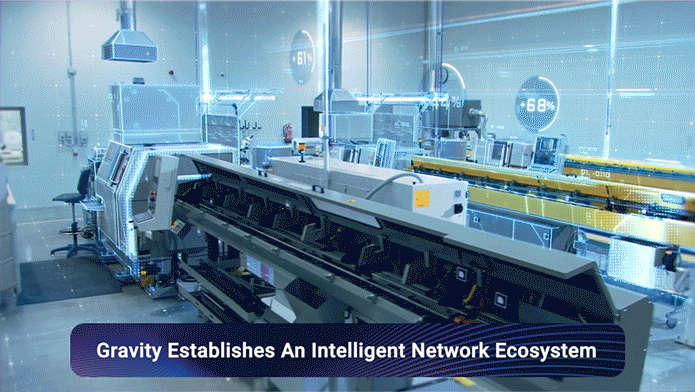
The Next Generation Multi-Device
Experience
Gravity Framework Creates Device Networks Across All Platforms
Gravity Framework is a point to point (P2P) edge mesh network designed for multi-device experience (MDE) that creates seamless sharing, streaming, and collaboration between devices locally—all without the cloud, LAN, internet, or cellular network.

Gravity Framework is highly modular and can be specifically architected for a variety of Android, Windows, and Linux iOT devices depending on their functionality.

Gravity Framework Creates Device Networks Across All Platforms
Gravity Framework is a point to point (P2P) edge mesh network designed for multi-device experience (MDE) that creates seamless sharing, streaming, and collaboration between devices locally—all without the cloud, LAN, internet, or cellular network.
Gravity Framework is highly modular and can be specifically architected for a variety of Android, Windows, and Linux iOT devices depending on their functionality.


Gravity Framework Creates Device Networks Across All Platforms
Gravity Framework is a point to point (P2P) edge mesh network designed for multi-device experience (MDE) that creates seamless sharing, streaming, and collaboration between devices locally—all without the cloud, LAN, internet, or cellular network.
Gravity Framework is highly modular and can be specifically architected for a variety of Android, Windows, and Linux iOT devices depending on their functionality.


Gravity Framework Features

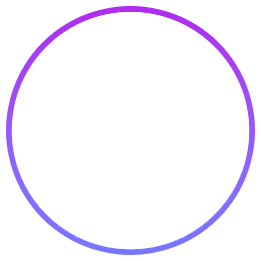
Point To Point Edge
Mesh Network
Cross-Platform
Compatibility
Multi-Device Experience (MDE)

Enhanced
Security

No Internet Or Cell
Network Required

Reliable & Efficient
Device Ecosystem

Devices Can
Share Resources
Gravity Framework
Developer API

Energy Efficient
Network Protocols
A P2P Edge Mesh Network Designed For MDE
Gravity Enables Better Edge Computing
Gravity enables devices to be self-aware and locally collect, process, and share data while adapting to context and activity. This means incredible levels of local data sharing, streaming, and processing can happen directly between devices. All of this happens without relying on the internet, cloud, or cellular network.
Gravity Enables Better Edge Computing
Gravity enables devices to be self-aware and locally collect, process, and share data while adapting to context and activity. This means incredible levels of local data sharing, streaming, and processing can happen directly between devices. All of this happens without relying on the internet, cloud, or cellular network.
Gravity Network User Space API
Gravity creates a network for a multi-device experience. Android and Linux user space application developers can leverage the Gravity Framework API to create an ecosystem between devices to easily send and share data, as well as share resources like cameras, displays, microphones, and even computing power.
Gravity Network User Space API
Gravity creates a network for a multi-device experience. Android and Linux user space application developers can leverage the Gravity Framework API to create an ecosystem between devices to easily send and share data, as well as share resources like cameras, displays, microphones, and even computing power.
Gravity Networks Are More Reliable & Efficient
A Gravity network runs concurrently with the other network connections on your device. It uses Bluetooth, Wi-Fi, or both, or any other means to transfer data. No action is required by the user in their network settings to join a Gravity network, it just happens automatically when other Gravity devices are nearby.
Gravity Networks Are More Reliable & Efficient
A Gravity network runs concurrently with the other network connections on your device. It uses Bluetooth, Wi-Fi, or both, or any other means to transfer data. No action is required by the user in their network settings to join a Gravity network, it just happens automatically when other Gravity devices are nearby.
Gravity Leverages MDE Resources
Gravity's multi-device experience (MDE) uses energy efficient protocols to establish its intelligent network ecosystem, as well as to carry out various processes while conserving power.
• Devices can share resources to reduce the need for cloud computing.
• One device can stream media to many devices, thus only requiring a single download.
• Utilizes minimal energy to move data back and forth across different operating systems locally as opposed to the internet, LAN, or cellular network.
Gravity Leverages MDE Resources
Gravity's multi-device experience (MDE) uses energy efficient protocols to establish its intelligent network ecosystem, as well as to carry out various processes while conserving power.
• Devices can share resources to reduce the need for cloud computing.
• One device can stream media to many devices, thus only requiring a single download.
• Utilizes minimal energy to move data back and forth across different operating systems locally as opposed to the internet, LAN, or cellular network.
Gravity Framework Flexibility & Superior Performance
Gravity is a technology that creates and maintains an edge mesh network of devices utilizing available wireless physical interfaces. Gravity has been designed to execute full functionality regardless of the physical interface employed. The Gravity Framework is a unifying communications layer that sits on top of any existing wireless transport. Gravity dynamically chooses the best wireless transport for the situation from those that are available. Adding Gravity technology on top of existing wireless technologies creates a far more capable user friendly network to streamline efficiency and maximize revenue.
API Flexibility For A Variety Of Devices
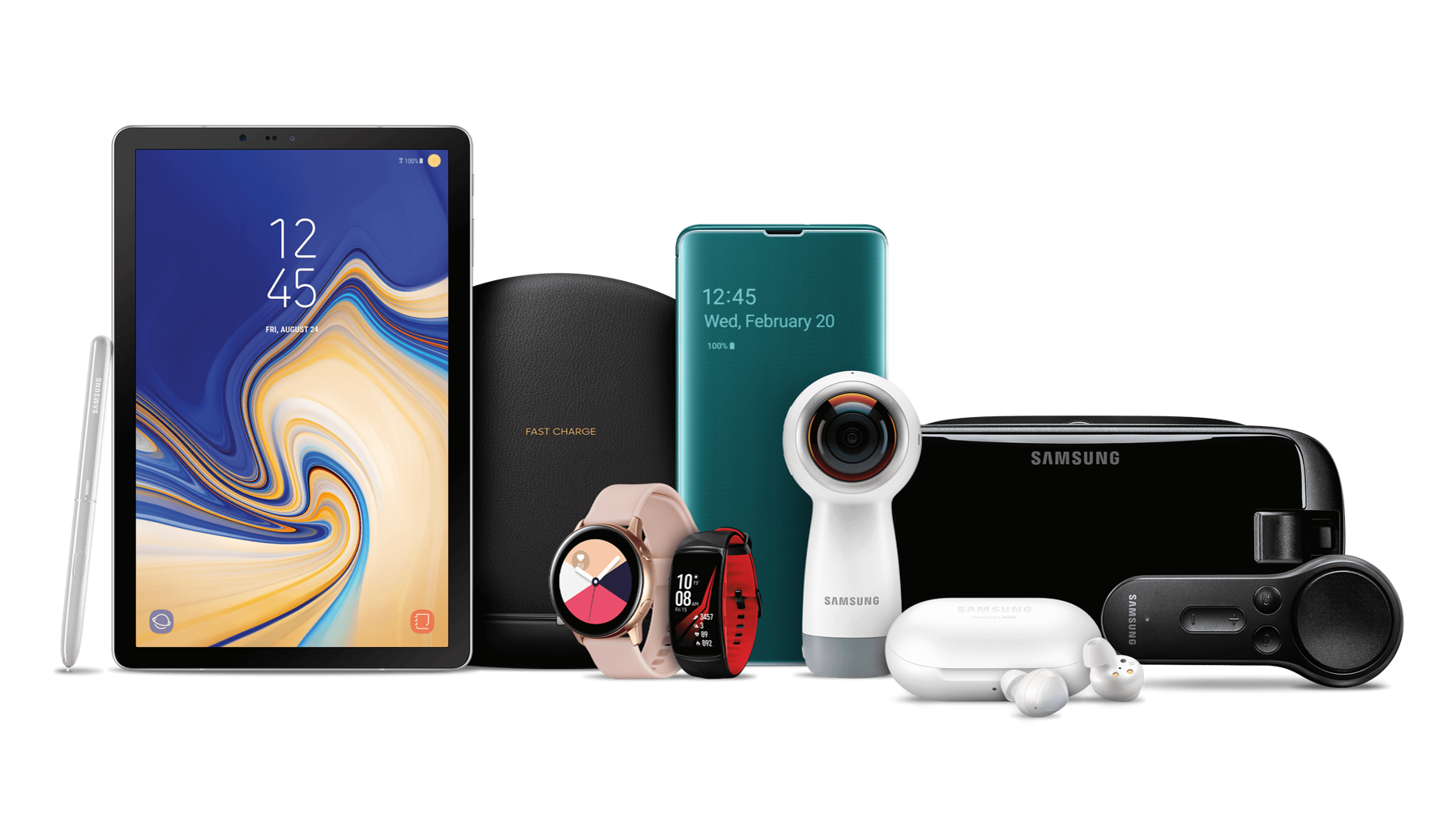
The Gravity mesh network builds an ecosystem of devices and facilitates sharing of information and resources. In addition to providing fast and secure communications between devices such as file transfer, media streaming, and remote resource sharing, Gravity Framework utilizes all interfaces available to optimize bandwidth and provide individual service levels and Quality of Service (QoS) networking.
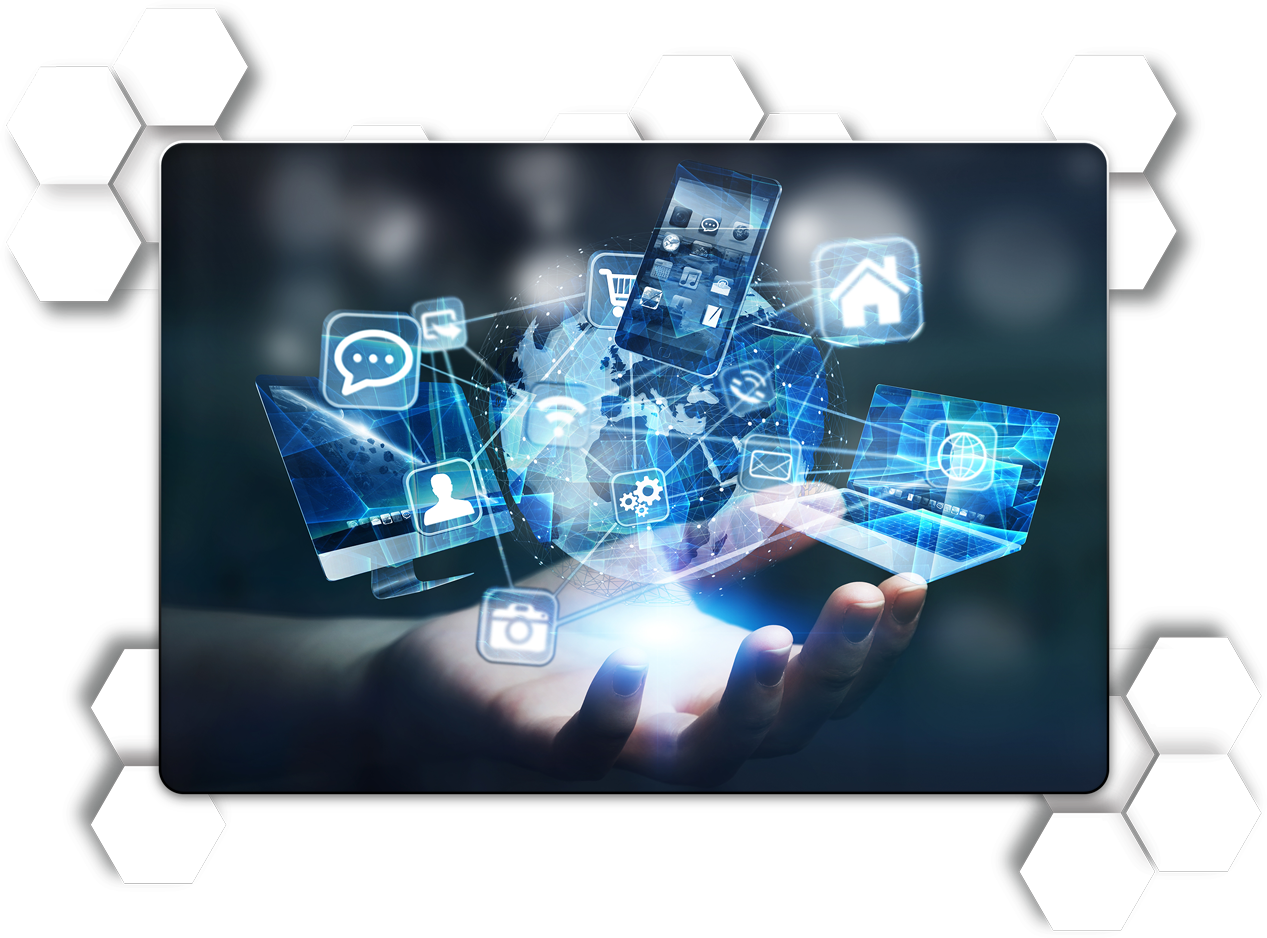
API Flexibility For A Variety Of Devices
The Gravity mesh network builds an ecosystem of devices and facilitates sharing of information and resources. In addition to providing fast and secure communications between devices such as file transfer, media streaming, and remote resource sharing, Gravity Framework utilizes all interfaces available to optimize bandwidth and provide individual service levels and Quality of Service (QoS) networking.


Gravity Framework Advantages
Adding Gravity Framework technology on top of existing wireless technologies creates a far more capable network thereby
offering the following advantages:
• All devices within range are aware of each other allowing seamless communication between devices.
• Supports MxN communications.
• Applications not built specifically for Gravity are able to execute within the Gravity network.
• Greater security and privacy through authentication and encryption.
• Greater power efficiency.
• Bandwidth optimization.
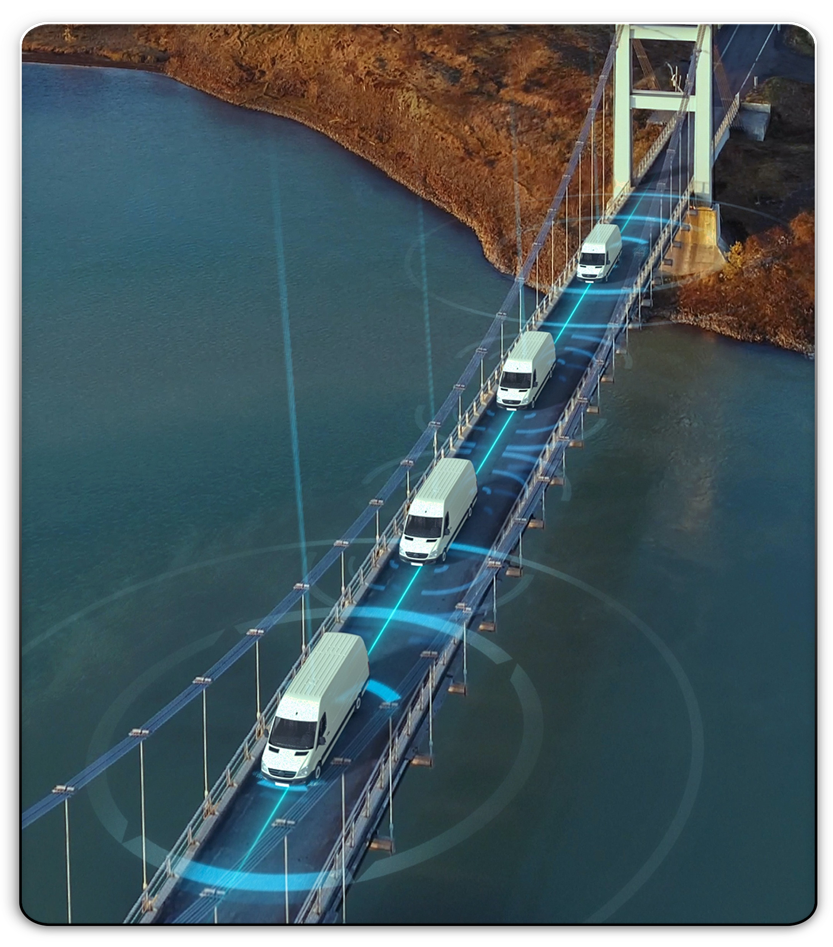
• Implementation of service level agreements for users and applications.
• Greater abstraction of the details of the network from the user and applications.
• A more scalable network of devices.
• Easier ability to create applications.
• Greater awareness of device capabilities and resources.
• Built in services for most common network functions.
Gravity Framework Advantages
Adding Gravity Framework technology on top of existing wireless technologies creates a far more capable network thereby
offering the following advantages:
• All devices within range are aware of each other allowing seamless communication between devices.
• Supports MxN communications.
• Applications not built specifically for Gravity are able to execute within the Gravity network.
• Greater security and privacy through authentication and encryption.
• Greater power efficiency.
• Bandwidth optimization.

• Implementation of service level agreements for users and applications.
• Greater abstraction of the details of the network from the user and applications.
• A more scalable network of devices.
• Easier ability to create applications.
• Greater awareness of device capabilities and resources.
• Built in services for most common network functions.
The Best Way To Create Robust Software Applications
The Gravity Framework network allows devices to become aware of each other and their associated capabilities and preferences. Gravity offers unparalleled performance when a spontaneous group of devices come within range and wish to share data or resources without the use of the cloud, internet, LAN, or a cellular network.
Gravity Market Opportunities

Mobile Devices
• Seamless sharing and streaming between devices on different operating systems all without network connectivity.
• Gravity ushers in new opportunities for app developers. By removing the constraints of the limited communications protocols used today.
• Gravity has been designed to execute full functionality regardless of the physical interface employed.

Automotive
• Integrated, multi-device entertainment system with passenger Gravity enabled devices and in-car displays. Multiple streams with no cloud, internet, LAN, or cellular network.
• Multiplayer gaming without network connectivity inside a vehicle.
• Proprietary bi-directional control between Gravity enabled smart displays.

Gaming
• A Gravity enabled gaming console can wirelessly connect and send the game display to a Gravity enabled TV.
• Console can wirelessly connect multiple Gravity enabled devices (phones, tablets, TVs) for the ultimate multiplayer gaming experience.
• Devices can become gaming controllers to let more players join in the game or offer the user an aux gaming display.

Healthcare & Public Safety
• A Gravity enabled radio has the capability of creating an undetectable local wireless communication channel that does not rely on the internet and remains secure.
• Enhanced security features keeps critical transmissions encrypted.
• Communicates with Gravity enabled displays for a unique level of user interaction.
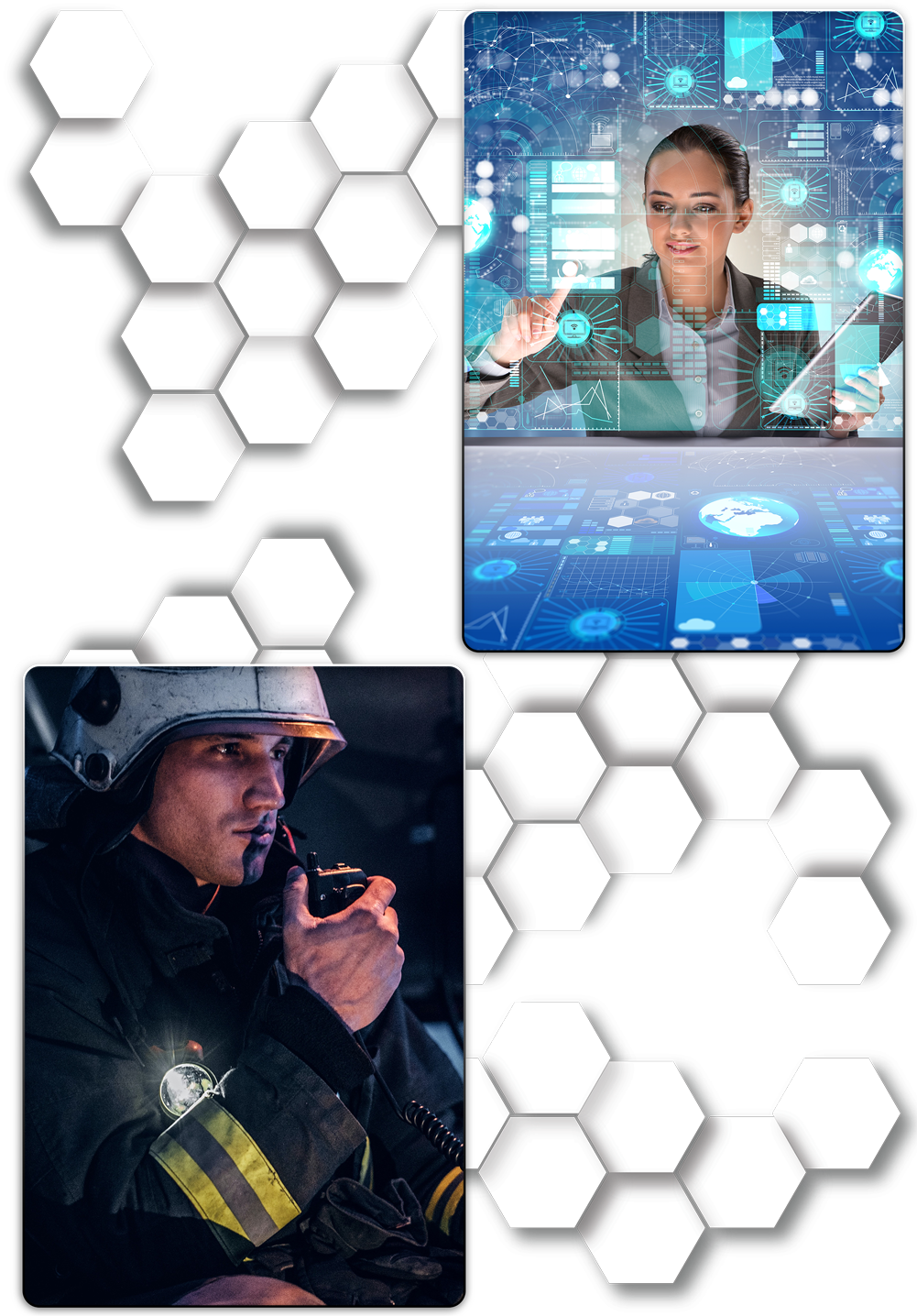
Gravity Market Opportunities

Mobile Devices
• Seamless sharing and streaming between devices on different operating systems all without network connectivity.
• Gravity ushers in new opportunities for app developers. By removing the constraints of the limited communications protocols used today.
• Gravity has been designed to execute full functionality regardless of the physical interface employed.

Automotive
• Integrated, multi-device entertainment system with passenger Gravity enabled devices and in-car displays. Multiple streams with no cloud, internet, LAN, or cellular network.
• Multiplayer gaming without network connectivity inside a vehicle.
• Proprietary bi-directional control between Gravity enabled smart displays.

Gaming
• A Gravity enabled gaming console can wirelessly connect and send the game display to a Gravity enabled TV.
• Console can wirelessly connect multiple Gravity enabled devices (phones, tablets, TVs) for the ultimate multiplayer gaming experience.
• Devices can become gaming controllers to let more players join in the game or offer the user an aux gaming display.

Healthcare & Public Safety
• A Gravity enabled radio has the capability of creating an undetectable local wireless communication channel that does not rely on the internet and remains secure.
• Enhanced security features keeps critical transmissions encrypted.
• Communicates with Gravity enabled displays for a unique level of user interaction.

Gravity Framework vs. Other Sharing Technologies
